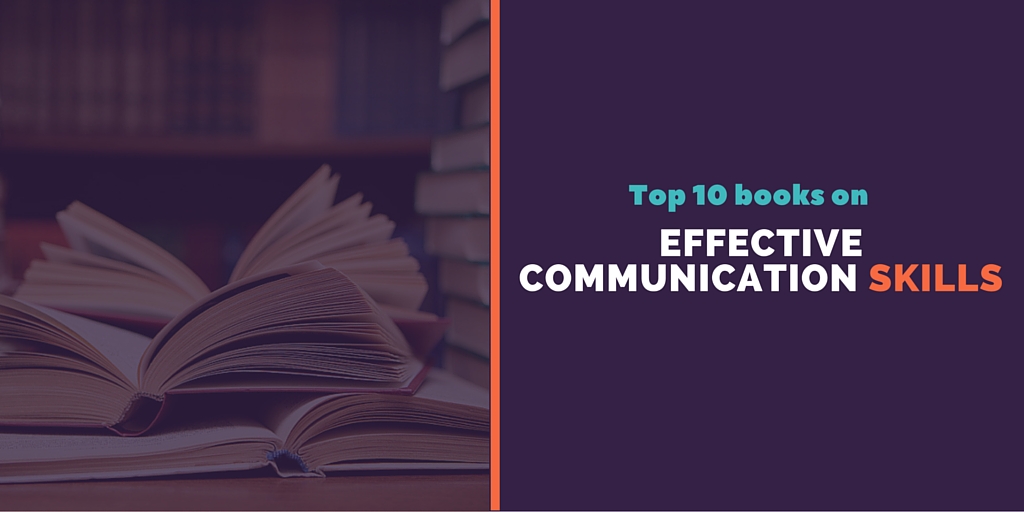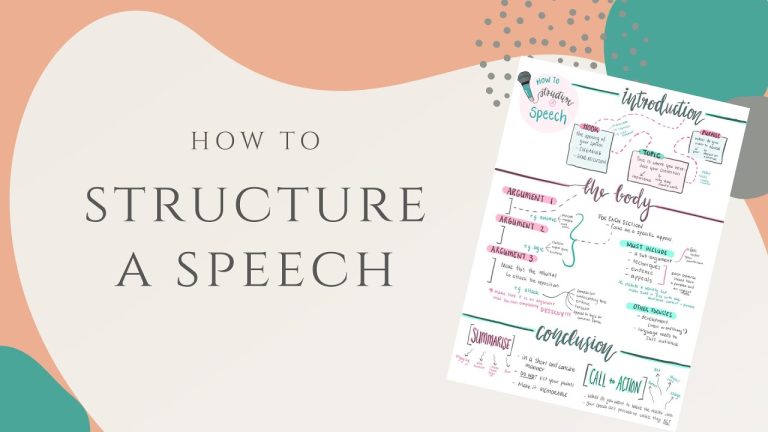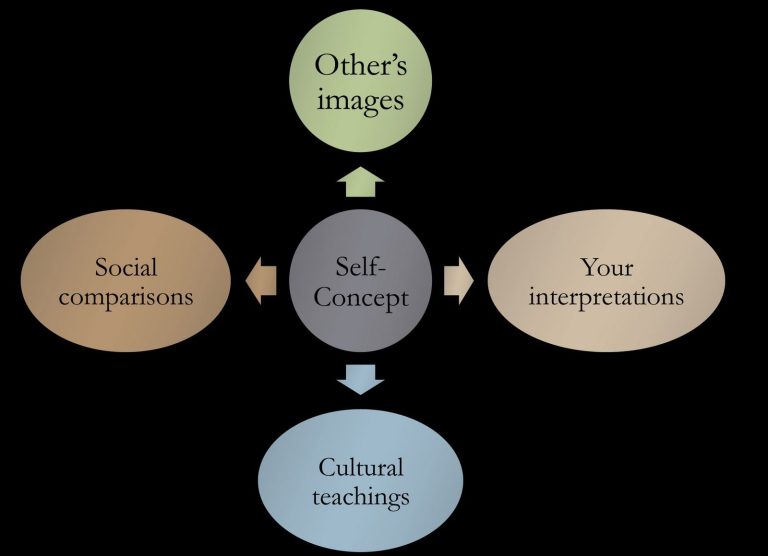Best Books to Learn Communication Skills
The best books to learn communication skills include “Communication: Principles for a Lifetime,” “The Art of Thinking Clearly,” “How to Talk to Anyone, Anytime, Anywhere: The Secrets of Good Communication,” “Stop Talking, Start Communicating: Counterintuitive Secrets to Success in Business and in Life,” “The Quick And Easy Way To Effective Speaking,” “21 Days of Effective Communication: Everyday Habits and Exercises to Improve Your Communication Skills,” “4 Essential Keys to Effective Communication in Love, Life, Work–Anywhere!,” “Better Small Talk: Talk to Anyone, Avoid Awkwardness, Generate Deep Conversations, and Make Real Friends,” “It’s the Way You Say It: Becoming Articulate, Well-Spoken, and Clear,” “How to Win Friends & Influence People,” “Simply Said: Communicating Better at Work and Beyond,” “The Science of Effective Communication: Improve Your Social Skills and Small Talk,” and “HBR’s 10 Must Reads on Communication.” Effective communication skills are crucial in both personal and professional settings.
Whether you want to succeed in business, build stronger relationships, or simply become a better communicator, the right books can provide valuable insights and practical strategies. We will explore some of the best books available for learning communication skills. These books cover a wide range of topics, including interpersonal communication, public speaking, persuasive communication, and emotional intelligence.
By delving into these resources, you can enhance your ability to express yourself clearly, build rapport with others, resolve conflicts, and influence people effectively. So, let’s dive in and discover the top books that can help you master the art of communication.
1. Communication Skills For Success
Improve your communication skills with these top books: “Communication: Principles for a Lifetime”, “The Art of Thinking Clearly”, “How to Talk to Anyone, Anytime, Anywhere”, “Stop Talking, Start Communicating”, and “The Quick And Easy Way To Effective Speaking”. Enhance your social intelligence and become a better communicator in both personal and professional relationships.
Effective Techniques To Enhance Communication Skills:
- Active listening: Engage fully with the speaker, maintaining eye contact and nodding to show understanding.
- Nonverbal communication: Pay attention to body language, facial expressions, and gestures to convey messages effectively.
- Clear and concise language: Use simple and precise words to avoid confusion and ensure understanding.
- Empathy: Put yourself in the speaker’s shoes to understand their perspective and respond with sensitivity.
- Open-ended questions: Encourage further conversation by asking questions that require more than a yes or no answer.
- Feedback: Provide constructive feedback to help improve communication and address any misunderstandings.
Practical Exercises For Improving Verbal And Nonverbal Communication:
- Role-playing: Act out various scenarios to practice effective communication skills in different situations.
- Mirror exercises: Observe and mimic other people’s body language to enhance your own nonverbal communication abilities.
- Public speaking: Participate in public speaking events or join a public speaking club to develop confidence and clarity in expressing your thoughts.
- Video recording: Record yourself during conversations or presentations to identify areas for improvement and refine your communication skills.
- Mindfulness exercises: Practice being present and focused during conversations to improve active listening and overall communication effectiveness.
2. The Art Of Persuasion: Influence And Impact
“The Art of Persuasion: Influence and Impact” is a top book on communication skills that provides valuable insights on how to effectively persuade and make an impact through communication. Discover the secrets to becoming a skilled communicator with this must-read book.
Strategies To Persuade And Influence Others:
- Utilize the power of storytelling: Stories have the ability to captivate and persuade people. By incorporating relevant anecdotes and narratives, you can effectively convey your message and influence others.
- Establish credibility and trust: Building trust is crucial in persuasion. By demonstrating your expertise, providing evidence, and establishing common ground with your audience, you can enhance your persuasive abilities.
- Appeal to emotions: Emotions play a significant role in decision-making. By tapping into the emotions of your audience, you can evoke empathy or excitement, which can greatly influence their actions.
- Use social proof: People tend to be influenced by the actions and opinions of others. By showcasing testimonials, case studies, or statistics, you can leverage social proof to persuade and convince others.
- Employ the principle of reciprocity: Reciprocity is a powerful persuasion technique. By offering value or favors to others, you can create a sense of obligation, leading them to reciprocate the gesture.
Techniques For Effective Negotiation And Conflict Resolution:
- Active listening: Listening is an essential skill in effective negotiation and conflict resolution. By actively listening to the concerns and perspectives of others, you can foster understanding and find mutually beneficial solutions.
- Maintain a cooperative mindset: Approaching negotiations with a cooperative mindset rather than a competitive one can lead to more successful outcomes. By seeking win-win solutions and finding common ground, you can build stronger relationships.
- Practice effective communication: Clear and concise communication is vital in negotiations. By expressing your thoughts and needs clearly, asking open-ended questions, and actively engaging in dialogue, you can avoid misunderstandings and find mutually agreeable solutions.
- Focus on interests, not positions: Rather than getting stuck on opposing positions, focus on underlying interests. By understanding the motivations and needs of all parties involved, you can explore creative solutions that address everyone’s concerns.
- Seek alternative options: When faced with a deadlock or disagreement, explore alternative options or compromises. By being flexible and open-minded, you can find creative solutions that satisfy all parties involved.
Remember, mastering the art of persuasion and effective negotiation takes practice and continuous learning. By implementing these strategies and techniques, you can enhance your communication skills and successfully influence others in various situations.
3. Mastering Emotional Intelligence In Communication
Discover the best books to learn communication skills, including titles like “Communication: Principles for a Lifetime,” “The Art of Thinking Clearly,” and “How to Talk to Anyone, Anytime, Anywhere. ” Master emotional intelligence in communication with these insightful reads.
Understanding And Managing Emotions For Better Communication:
- Emotional intelligence plays a crucial role in effective communication. Here’s how understanding and managing emotions can improve your communication skills:
- Recognize your own emotions: Understand the emotions you’re experiencing and how they may impact your communication with others.
- Control your emotional reactions: Learn to manage your emotions and avoid reacting impulsively during conversations.
- Develop self-awareness: Pay attention to your body language, tone, and choice of words to ensure they align with your intended message.
- Adapt to different emotional states: Stay sensitive to the emotions of others and adjust your communication style accordingly.
- Take responsibility for your emotions: Own up to your feelings and communicate them in a constructive and assertive manner.
- Practice emotional regulation: Utilize techniques like deep breathing and positive self-talk to stay calm and composed during challenging conversations.
Developing Empathy And Active Listening Skills:
- Empathy and active listening are essential components of effective communication. Here’s how you can develop these skills:
- Put yourself in others’ shoes: Cultivate empathy by trying to understand others’ perspectives and emotions.
- Show genuine interest: Be genuinely interested in what others have to say, and demonstrate it through attentive body language and verbal cues.
- Practice active listening: Focus on the speaker and avoid interrupting or formulating a response in your mind while they’re talking.
- Clarify and paraphrase: Repeat what you’ve understood to ensure accurate comprehension and validate the speaker’s feelings.
- Validate others’ emotions: Acknowledge and validate the emotions expressed by others, even if you don’t necessarily agree with their viewpoint.
- Avoid judgment or criticism: Create a safe and non-judgmental space for communication by refraining from criticizing or belittling others’ opinions.
Remember, mastering emotional intelligence in communication requires practice and self-reflection. By understanding and managing emotions and developing empathy and active listening skills, you can significantly enhance your communication abilities.

Credit: www.amazon.com
Frequently Asked Questions For Best Books To Learn Communication Skills
What Books Improve Communication Skills?
Some of the top books that can improve communication skills include “Communication: Principles for a Lifetime,” “The Art of Thinking Clearly,” “How to Talk to Anyone, Anytime, Anywhere: The Secrets of Good Communication,” “Stop Talking, Start Communicating: Counterintuitive Secrets to Success in Business and in Life,” “The Quick And Easy Way To Effective Speaking,” “21 Days of Effective Communication: Everyday Habits and Exercises to Improve Your Communication Skills and Social Intelligence,” “4 Essential Keys to Effective Communication in Love, Life, Work–Anywhere!,” “Better Small Talk: Talk to Anyone, Avoid Awkwardness, Generate Deep Conversations, and Make Real Friends,” “It’s the Way You Say It: Becoming Articulate, Well-Spoken, and Clear,” “How to Win Friends & Influence People,” “Simply Said: Communicating Better at Work and Beyond,” “The Science of Effective Communication: Improve Your Social Skills and Small Talk,” and “HBR’s 10 Must Reads on Communication.
” These books cover various aspects of communication skills and offer valuable tips and strategies for improving interpersonal communication.
How Can I Teach Myself Communication Skills?
To teach yourself communication skills, there are several effective methods you can use. Firstly, reading books on communication can provide valuable insights and techniques. Some recommended books include “Communication: Principles for a Lifetime,” “The Art of Thinking Clearly,” and “How to Talk to Anyone, Anytime, Anywhere.
” Additionally, practicing active listening and observing effective communicators can help you improve your own skills. Engaging in meaningful conversations and seeking feedback from others can also aid in self-improvement. Lastly, taking online courses or attending workshops on communication can provide structured guidance and resources.
Remember to practice regularly and be patient with yourself as learning communication skills is a gradual process.
What Are The 5 Basic Communication Skills?
The 5 basic communication skills are listening, speaking, reading, writing, and non-verbal communication. Listening involves paying attention and understanding what others are saying. Speaking is the ability to articulate thoughts and ideas clearly. Reading is comprehending written information. Writing is the expression of thoughts and ideas in a written format.
Non-verbal communication includes body language, facial expressions, and gestures that convey messages without words. These skills are essential for effective communication in various personal and professional situations. Developing and honing these skills can improve relationships, collaboration, and overall clarity in communication.
What Are The 7 Communication Skills?
The 7 communication skills are listening, speaking, reading, writing, non-verbal communication, emotional intelligence, and persuasion. Listening involves paying attention and understanding others. Speaking involves expressing thoughts and ideas clearly. Reading involves understanding written information. Writing involves conveying ideas through written words.
Non-verbal communication involves expressing messages without words. Emotional intelligence involves understanding and managing emotions. Persuasion involves influencing others’ beliefs or actions. These skills are essential for effective communication in personal and professional settings.
Conclusion
Effective communication skills are crucial in today’s world, whether it’s for personal relationships or professional success. In this blog post, we explored some of the best books to learn communication skills that can help you become a better communicator. “Communication: Principles for a Lifetime” provides a comprehensive guide to communication theories and techniques.
“The Art of Thinking Clearly” explores critical thinking and how it impacts communication. “How to Talk to Anyone, Anytime, Anywhere: The Secrets of Good Communication” provides practical advice for confident and effective communication. “Stop Talking, Start Communicating” reveals counterintuitive secrets to success in business and life.
And “The Quick And Easy Way To Effective Speaking” offers valuable tips for improving your public speaking skills. By diving into these books and implementing their strategies, you can enhance your communication skills and achieve better outcomes in your personal and professional life.
Start reading and practicing today!



